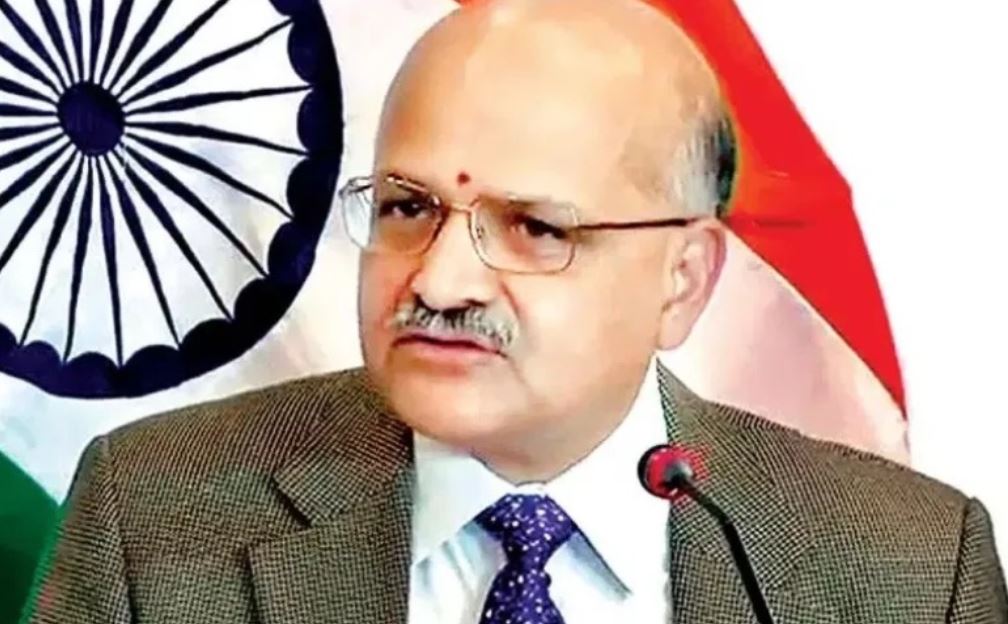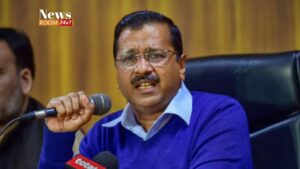NITI Aayog CEO Highlights Need for 2,500 Universities to Achieve 50% Student Enrollment

In his address at the Indian School of Business (ISB) on Friday, Subrahmanyam emphasized the importance of expanding the higher education system to meet this goal. He pointed out that while one university and two colleges have been established weekly over the last decade, only 29% of the eligible age group currently enroll in higher education institutions.
“With 1,200 universities and over four crore students today, just 29% of the target age group is enrolled. To reach the desired 50%, we need to double the number of universities to 2,500. This may seem ambitious, but it’s essential for our nation’s growth. We may also need to rethink how education is delivered,” Subrahmanyam said.
He emphasized India’s position as a global leader in digital infrastructure, describing it as a vast laboratory for innovation. “India has implemented digital identity for 140 crore people and enabled financial inclusion with 120 crore bank accounts. This scale of digital infrastructure is unmatched globally,” he noted.
Subrahmanyam cited examples like UPI, which processes nearly 10 billion monthly transactions, accounting for almost half of the world’s financial transactions by volume. He added, “India is becoming a leading hub for fintech innovation, establishing global standards.”
Looking ahead, Subrahmanyam projected that India will grow into a $30 trillion economy by 2047, overtaking the current sizes of the U.S. and Chinese economies. He stressed that ‘Viksit Bharat’ represents not just economic prosperity but also inclusivity, ensuring that development benefits all.
He reflected on India’s achievements over the past decade, including electricity access for all households, road connectivity in villages, and a sharp reduction in acute poverty affecting 25 crore people. Progress in housing, railways, and clean water supply was also noted.
Addressing climate change, Subrahmanyam underscored India’s potential to lead in green technologies, emphasizing that the country can build climate-friendly systems from the ground up, unlike developed nations that must reengineer their economies.
He also highlighted NITI Aayog’s efforts in shaping India’s future, including creating economic plans for cities, transforming agriculture into areas like aquaculture and horticulture, and driving innovation in frontier technologies.
“India should not just follow global trends but set the benchmarks for new technologies. NITI Aayog will play a pivotal role in this transformation,” he concluded, emphasizing the importance of missions in AI and semiconductors to secure India’s position as a global leader in innovation and sustainability.”









